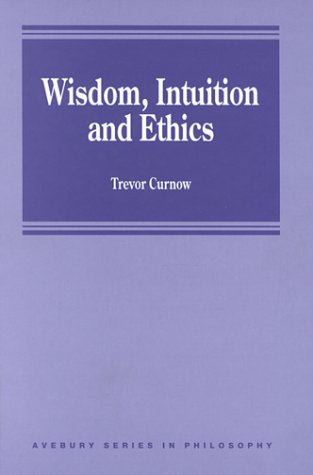Avebury Series in Philosophy
1 total work
This text sets out to re-examine the case for ethical intuitionism. In doing so, it seeks to place ethical intuitionism within its historical context. It is argued that modern ethical intuitionism is a distant descendant of the wisdom traditions of the ancient world. Its history is traced from ancient Egypt and Israel through classical Greece and Rome, and mediaeval Europe, to modern moral philosophy. The book includes material such as Gnosticism, Hermeticism, Eastern Orthodoxy, and 19th century Russian philosophy. Attention is paid to the development of the notion of conscience within Christian theology and its relevance to the history of the wisdom tradition. The materials assembled are then used as a resource for developing an understanding of the nature of wisdom. The non-western traditions of Hinduism, Buddhism and Neo-Confucianism are drawn upon. Use is also made of writings from the disciplines of psychology and psychotherapy. This discussion is organized under four themes, those of self-knowledge, detachment, integration and transcendence.
